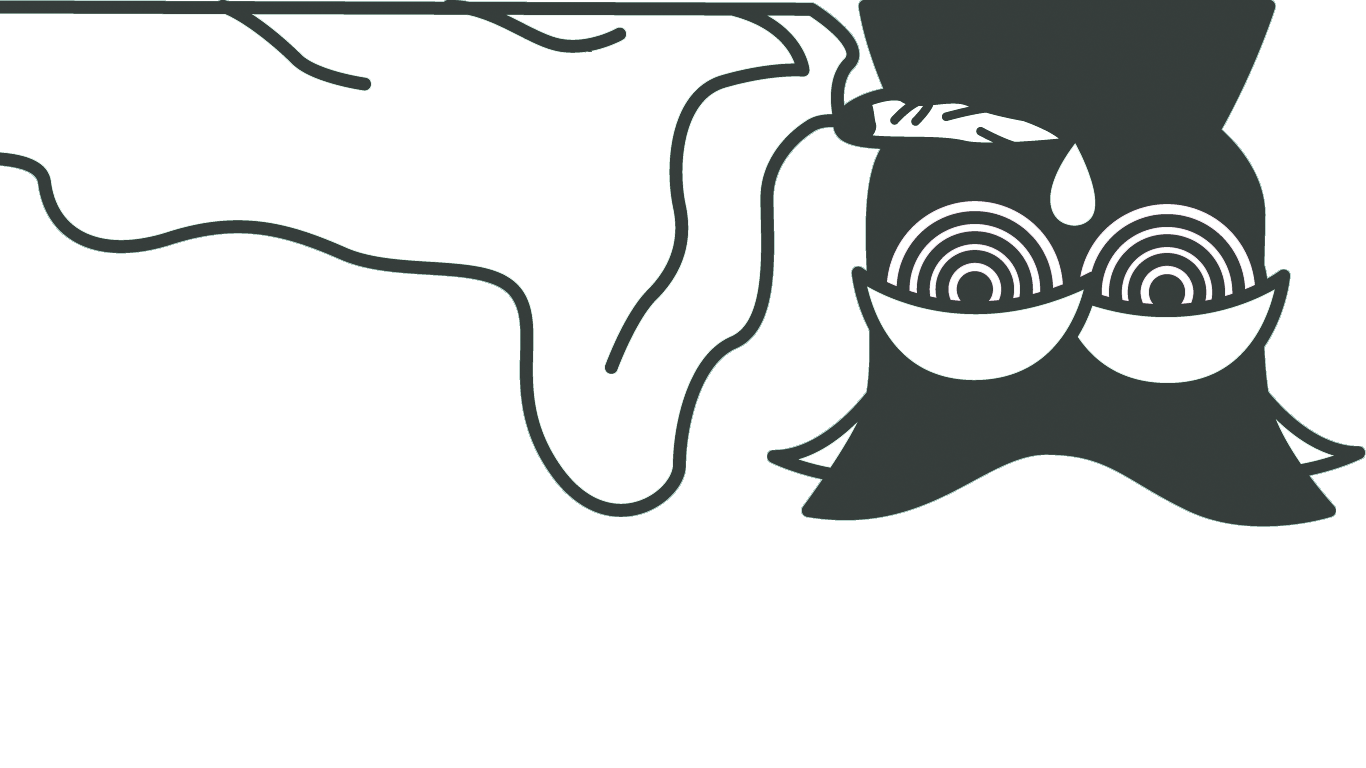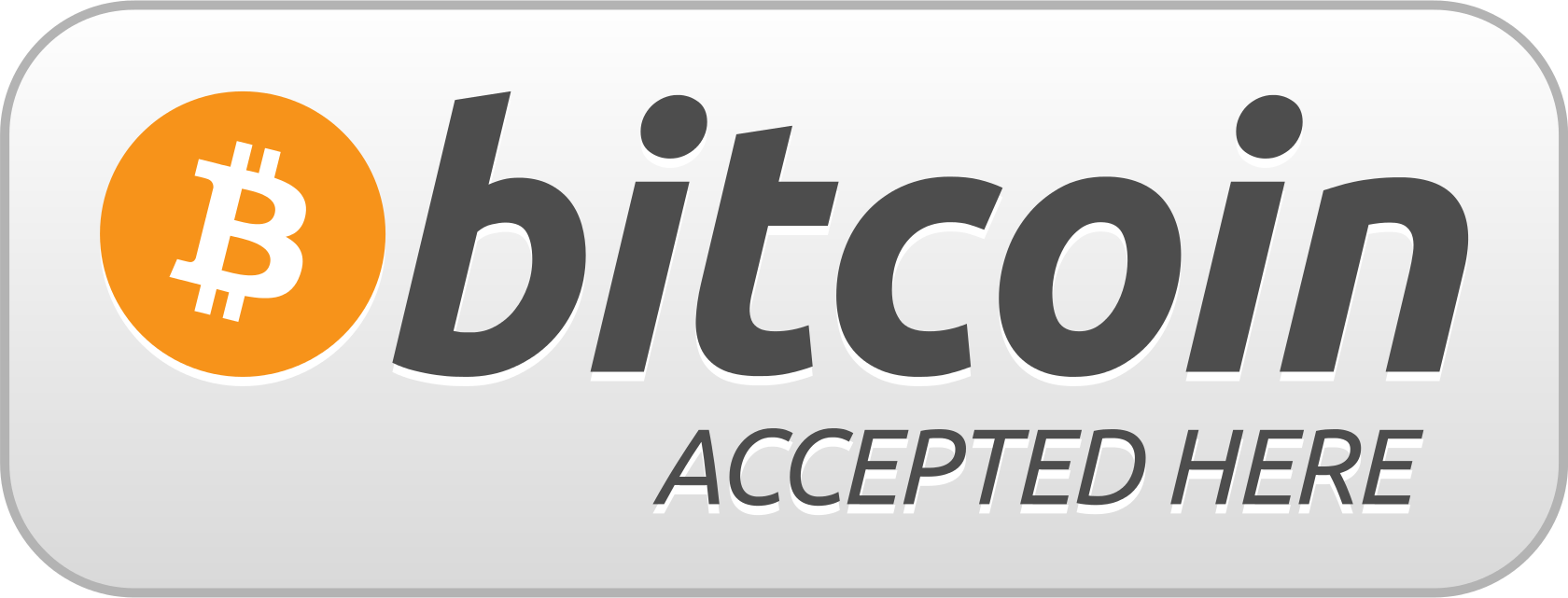The law on marijuana legalization came into force in Canada last year, making it the first major Western state to allow and regulate the use of marijuana for recreational purposes. The measure has already been welcomed by weed enthusiasts but has also been criticized by some health experts (or experts claim to be). The Premier […]
Lebanese on their way to legalization
The Lebanese parliament last month legalized the cultivation of hemp for medical purposes, a potentially lucrative export product in an economy that urgently needs foreign exchange as it struggles with a severe financial crisis.
Although cannabis cultivation is illegal in Lebanon, it has been openly cultivated in the fertile Bekaa Valley for a long time - without fear of the police.
Parliament's decision was "driven by economic motives, nothing else," said Alain Aoun, a senior advocate for the Freedom Movement.
"There is a need to help the economy in any way," he told Reuters last month.
The move would bring revenue to the state and develop the agricultural sector, while legalizing farming that is in any case illegal, Aoun says.
"We don't want to guess the numbers …"
Hezbollah, a Shiite Islamist group backed by Iran, was the only party to oppose the new law approved at last month's session.
The idea of legalizing the cultivation of cannabis with the aim of producing drugs based on cannabinoids, and in particular THC, was explored in the analysis of the consulting company McKinsey, which was commissioned in 2018 by the Lebanese government.
Following the release of a new law last month, Lebanese police carried out the largest seizure of cannabis - they seized about 25 tonnes of hashish that was to be smuggled south to some of the African countries.
Join us
You may also like
Cannabis seeds are becoming increasingly popular as more states legalize the use of marijuana for medical and recreational purposes. With the rise in popularity, many people are wondering if it is safe to purchase cannabis seeds online. This article will provide an overview of the safety considerations when purchasing cannabis seeds online, including the legal […]
In the world where there’s a lot of changes going on, the same applies to the perception of marijuana amongst the people. Many are frustrated and feed up with the laws that prohibit cannabis utilization in either medical or recreational use. A recent poll showed that 62% of Americans supported legalization of marijuana. And of […]
As more countries legalize cannabis for medical and recreational use, the economic implications are becoming more apparent. The cannabis industry is creating jobs, generating tax revenue, and stimulating economic growth. Additionally, the cannabis industry is creating new opportunities for investment, research, and innovation. This article will explore how cannabis is impacting the global economy and […]

